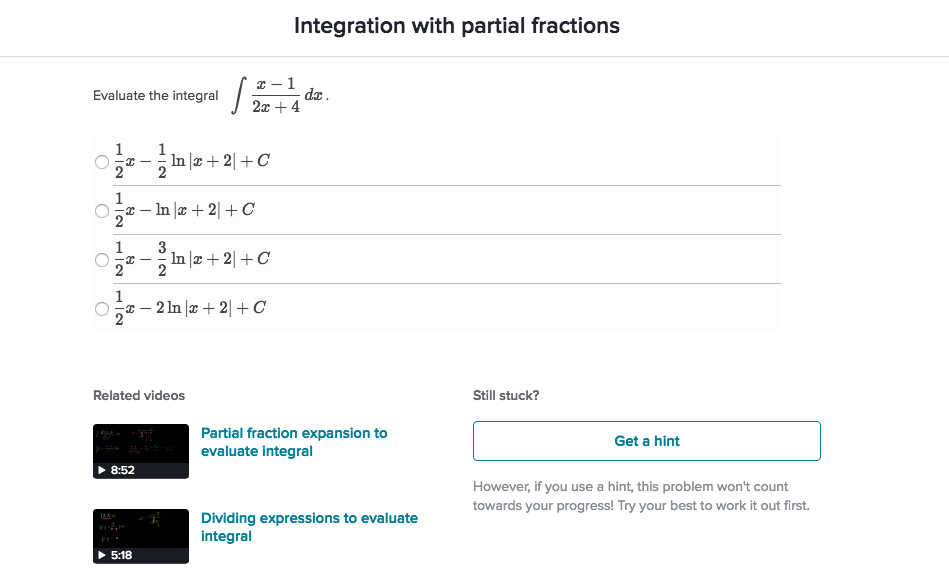In one fell swoop, Khan Academy has just increased its user-base manifold.
The education portal, founded by Salman Khan in 2006 after his videos teaching maths to his cousin went viral, now has the entire Indian Maths curriculum on its site. A new tab, “Math – Indian curriculum” is now prominently featured on the homepage of the site, and it offers free Maths lessons from Class 5, right up to Class 12.

Khan Academy has been working on localizing its content for India for over a year now – in December 2015, it had tied up with Tata Trusts for developing its content in Indian languages, and a few months ago, it had launched a talent search program for Indian content creators.
Khan Academy’s Indian content has the distinctive black background with the voiceover that had made first made Salman Khan’s videos famous in the mid 2000s. Many of the lectures are by Khan himself – he’s just as much at ease while explaining the number system in the 5th Class courses, as he is explaining relations and functions in Class 12. The lectures also are accompanied by on-the-spot quizzes, which have a handy “hint” option, which directs students to the relevant video if they’re stuck.

Khan Academy also gamifies the learning processes, with users earning Energy points and badges when they progress. And the organization is also looking to provide content in other Indian languages – there are already courses available in Hindi and Bengali. The local language courses utilize the same videos as the English courses, with text in English, but carry a local language voiceover. The local language courses retain the high standards of Khan Academy’s English videos, and don’t have the mechanical quality that often plagues translations.
The Indian e-learning space has seen lots of interest in recent times. Byju’s has raised $174 million (over Rs. 1000 crore) to make learning “effective and engaging” for students from Class 4 to Class 12 through its app; Unacademy has raised $6 million (Rs. 40 crore) for making free educational videos. The Indian government has also thrown its hat into the ring by launching the impressive Swayam, which provides free college courses taught by professors from prominent universities.
Khan Academy’s entry, though, should provide a solid, world-class online learning resource for Indian students. With India seeing increasing internet penetration, and lowered internet charges since the entry of Jio, its timing couldn’t be better. A free resource to learn Maths and other subjects could be a great equalizer for Indian students – if students in villages, towns and government schools could have access to the same educational training as their urban, private school counterparts, it could unleash an educational revolution that could transform the country.
